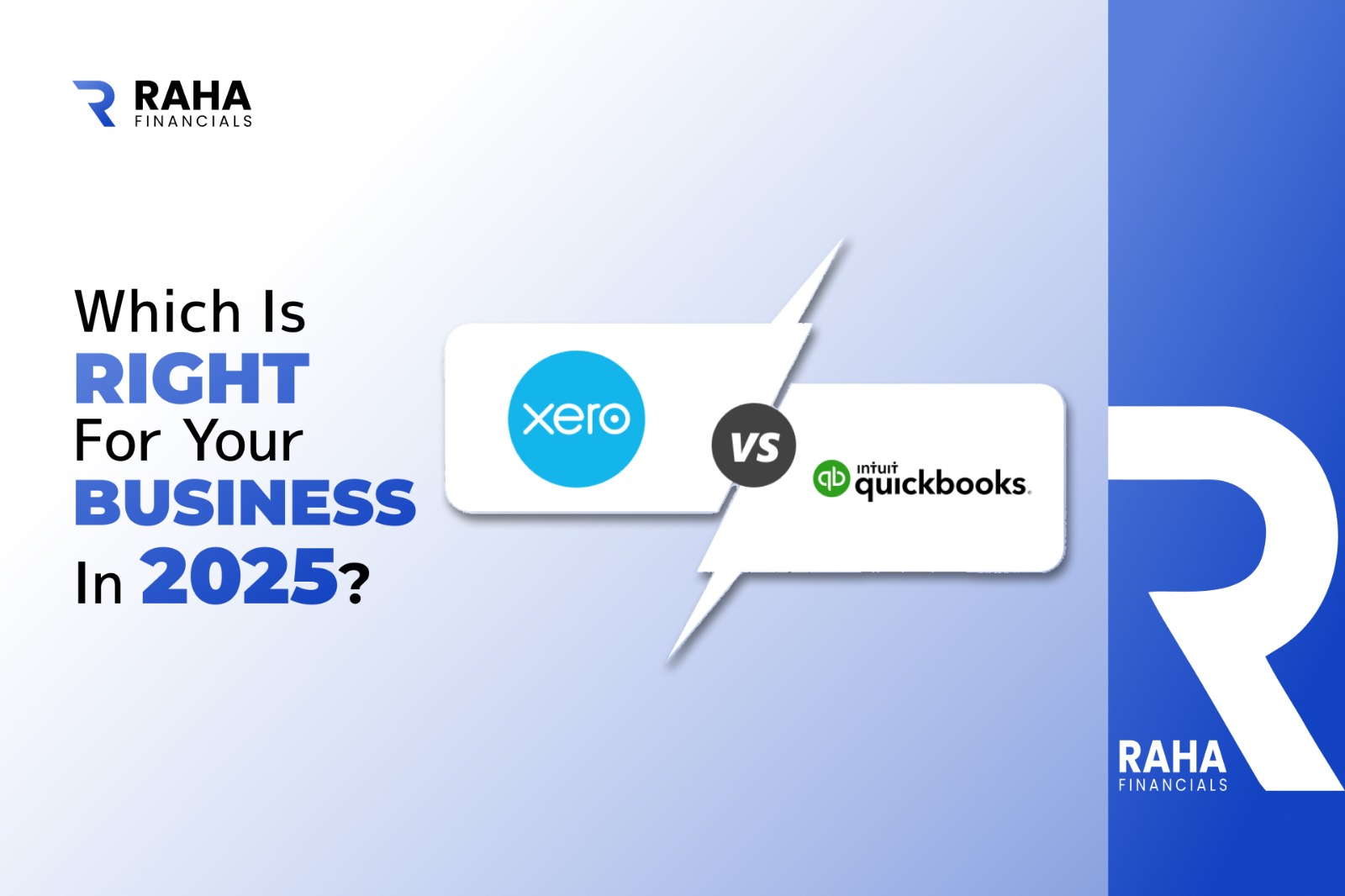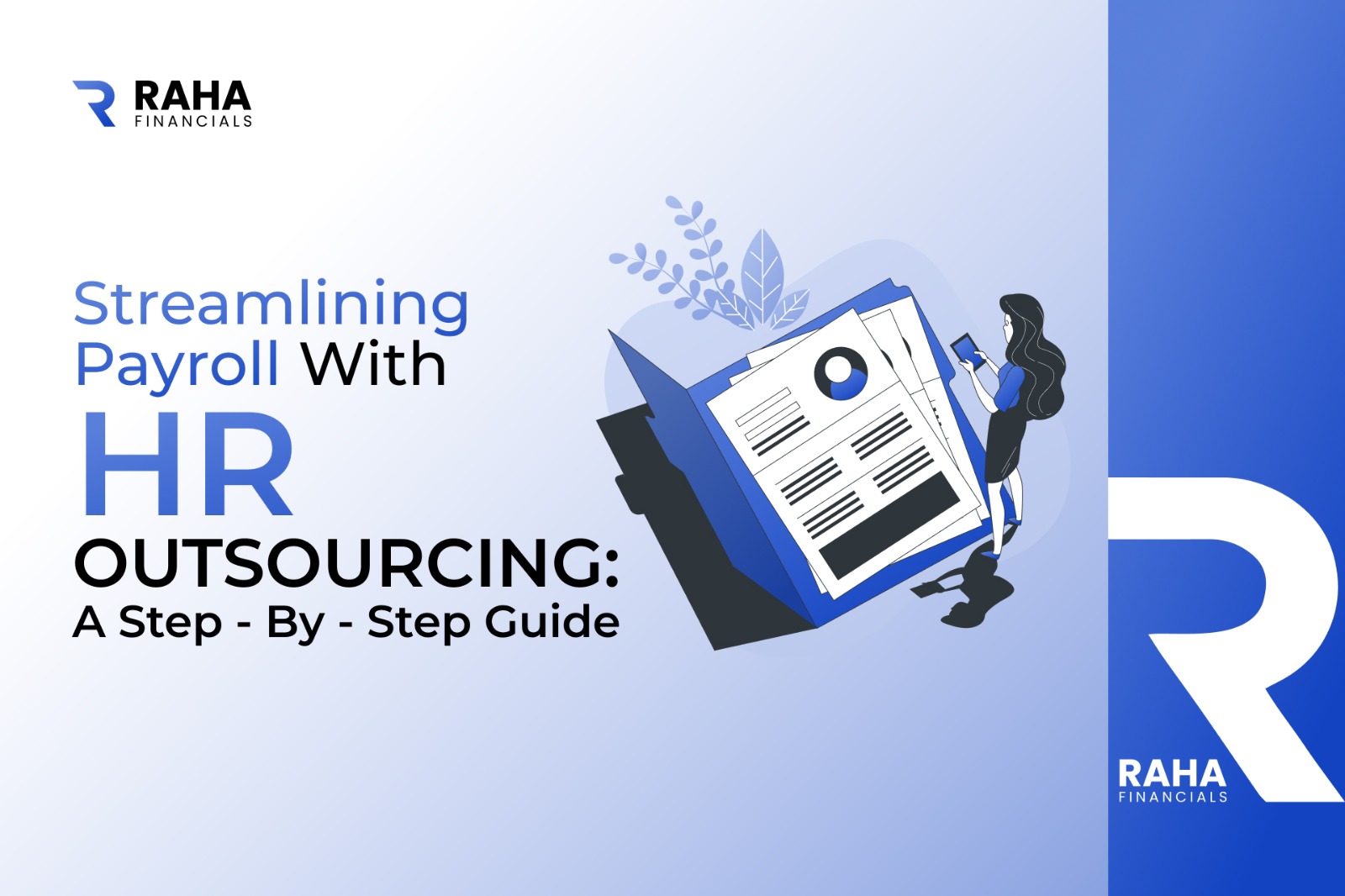As small businesses navigate a rapidly changing digital economy, choosing the right accounting software is crucial. Among the leading options, Xero and QuickBooks continue to dominate in 2025. However, selecting the best platform for your needs requires careful consideration of features, pricing, and use cases.
This comprehensive Xero vs QuickBooks comparison covers everything from core functionality to pricing, helping you determine which tool will serve your business best.
What Is the Difference Between Xero and QuickBooks?
Both platforms offer robust capabilities, but they cater to different needs. QuickBooks is known for its deep financial reporting, payroll features, and extensive integration options. On the other hand, Xero shines in real-time collaboration, simple navigation, and its ability to accommodate unlimited users at no extra cost.
Wondering how Xero compares to QuickBooks? Xero is often the go-to choice for service-based businesses or teams that prioritize easy collaboration, while QuickBooks is ideal for businesses that need more advanced features, especially in inventory management and reporting.
QuickBooks 2025 Features vs Xero 2025 Pricing
The QuickBooks 2025 features offer significant advancements, such as AI-driven cash flow forecasting and built-in payroll and inventory management. These tools make QuickBooks a strong contender for growing businesses with complex accounting needs.
Meanwhile, Xero 2025 pricing remains more straightforward and affordable, with competitive plans that support unlimited users. This can make a big difference for startups or small businesses that don’t need all the bells and whistles of QuickBooks.
Xero vs QuickBooks for Business Use Cases
When deciding between QuickBooks or Xero for small business, the choice often comes down to your company’s structure. If you run a service-based business or a remote team, Xero could be the perfect fit due to its easy-to-use interface and robust collaboration tools.
Conversely, if your business involves inventory, complex reporting, or large-scale operations, QuickBooks is likely the better option. Its advanced features are ideal for retailers, accountants, and businesses that need a powerful accounting solution.
QuickBooks vs Xero Pros and Cons
Here’s a quick rundown of the QuickBooks vs Xero pros and cons to help clarify your decision:
QuickBooks Pros:
- Extensive financial reporting capabilities
- Industry standard with wide adoption
- Comprehensive payroll and inventory tools
QuickBooks Cons:
- Limited users on lower-tier plans
- More expensive due to add-ons
Xero Pros:
- Unlimited users on most plans
- Intuitive and user-friendly interface
- Real-time collaboration capabilities
Xero Cons:
- Limited reporting features
- Customer support available only during business hours
Why Choose Xero Over QuickBooks?
If you value simplicity and team collaboration, Xero is an excellent choice. It offers affordable pricing and features that allow teams to collaborate seamlessly in real-time. Additionally, its multi-currency capabilities are a significant benefit for international businesses.
In contrast, if you need more advanced features such as tax support, deeper financial reporting, and customizable integrations, QuickBooks will better meet your needs. It’s particularly well-suited for companies that require detailed financial insights.
Cloud Accounting Software Comparison: Integration and Mobility
Both platforms support a wide array of third-party integrations. However, while Xero QuickBooks integration is not native, you can easily connect the two through platforms like Zapier.
In terms of mobility, Xero provides an edge with its real-time updates and collaboration tools. This makes it ideal for businesses with remote teams or those looking for easy access to data from anywhere. QuickBooks, while also offering mobile access, tends to focus more on internal workflows and detailed financial tracking.
Final Verdict: Which Accounting Software Is Better in 2025?
Ultimately, the answer to “Which accounting software is better 2025?” depends on your business’s unique needs. If you’re looking for powerful, scalable features that can grow with your business, QuickBooks is the way to go. On the other hand, if you value simplicity, ease of use, and collaborative features, Xero might be the perfect fit.
No matter which platform you choose, both Xero vs QuickBooks 2025 offer cutting-edge tools to help businesses manage their finances more efficiently and effectively.
Ready to decide?
The key to making the right choice lies not just in comparing features, but in aligning the platform with your specific business needs. Consider your priorities, such as ease of use, collaboration, and reporting, and let this guide help you make an informed decision.
























